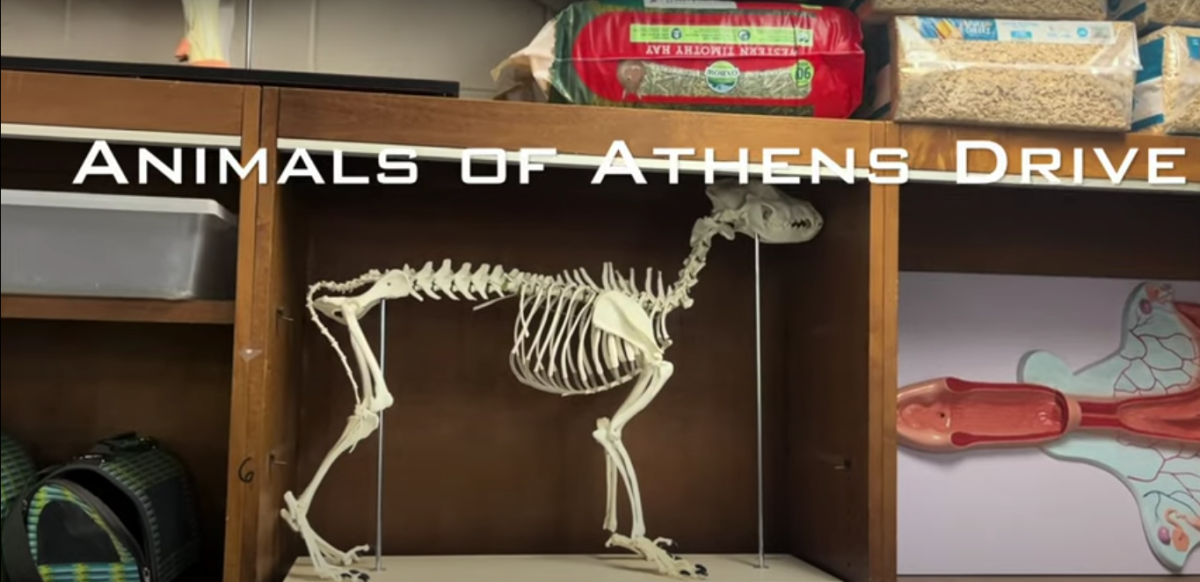With new advances in technology and the prevalence of high-tech phone applications, addiction to social media has increased so astronomically that it has become a problem. Those most impacted by social media addiction are the Generation Z and the Millennial Generation. This comes as a result of having grown up with broad access to and knowledge of technology. The intense influence of social media poses a problem to one’s mental health, work ethic and sleep cardiac rhythms. It can also lead to social anxiety and can threaten the safety of users and those close to them.
Mental Health

All kinds of personal tragedies occur in a teen’s everyday life. Bad break ups, the loss of a loved one and fights with friends are all things that can potentially make a teen more sensitive. They are also issues that can lead to or exacerbate mental health problems like depression. The constant exposure to the personal lives of peers on social media can significantly worsen many types of painful personal circumstances.
Seeing an abusive ex’s posts on Instagram can dig up feelings of anger and betrayal. Viewing a tweet about how much a peer loves their mother after losing one can cause feelings of intense sadness and longing. A Snapchat of all of your old friends at the movies together without you can make you feel abandoned.
There is no way to tell what people will be able to view on social media and how what they view will affect them. An anonymous Athens Drive High School student says that “When I was recovering from a bad breakup and issues surrounding it, social media tended to worsen the way I felt. Overexposure to posts from the people who negatively impacted my life became toxic very quickly.”
Side effects of social media addiction are similar to those of drug or alcohol abuse, which can lead to financial problems and relationship complications. Obsession with social media can develop into a behavioral addiction over time. The constant use of social media fosters unhealthy habits and causes neglect towards everyday commitments.

Social media has been proven to lead to emotion suppression. Suppressing emotions such as joy, passion, pain, empathy or rejection can lead to avoidance of reality. This distorted view of surroundings affects social media users by making them unaware of potential real-life issues that deserve attention. A continuous user’s focus changes from the physical world of relationships to the intangible digital world.
Trends suggest that if a teenager struggles with a mental health issue like depression, he or she may be at an increased risk for a social media addiction. This phenomenon results because they may try to use it as a way to distract or ignore negative emotions and troubling thoughts. This method of coping can backfire when the user is constantly exposed to posts about happy couples, beautiful peers and successful celebrities. It can lead to a user feeling inadequate in their own lives and can worsen existing depression.
The issue of comparison can result in extreme jealousy, which can often make self confidence lower and create tension between peers. One might be at home on their couch, aimlessly scrolling through social media, wishing they could have the lifestyle of those seen on their screen which results in feelings of loneliness and isolation.
Social Anxiety
Social media enables people to remain linked to their loved ones and friends. However, staying connected through social media does not provide the same kind of fulfillment as actual human interaction. Virtual friendships cannot fully satisfy One’s real-life social and dependency needs.

Becoming too distant from the reality of communication and interaction can hinder the ability and desire to interact. ADHS teacher, Christopher Remaley, believes that “social media makes students less social in real life.”
Teenagers suffering from social anxiety commonly use social media sites to find validation and companionship missing in their real life or the physical world. For teens who feel as though they struggle to fit in, going online to socialize means access to a larger group of people than at school. This easily available access of people to communicate with may give a shy teen an addictive rush. However, social media should never serve as a substitute for what is missing in a teen’s real life.
Work Ethic
Social media addiction is thought of to be as harmful to the growing mind as alcohol and drugs. Addiction to social media brings about a change in one’s behavior that impacts the productivity and the engagement in tasks that require the attention of a stimulating mind.
 Millenials are placing their social media needs in front of work or assignments that should hold priority. A student, who has a test or a project coming up, will often choose to browse through their social media apps and put off the work that is needed in order to succeed.
Millenials are placing their social media needs in front of work or assignments that should hold priority. A student, who has a test or a project coming up, will often choose to browse through their social media apps and put off the work that is needed in order to succeed.
“I have noticed that there is always numerous amounts of people, students, teachers, that I see always on their phone. It has become a problem when they begin to put their phone in front of other needs or priorities,” said Emily Benson, senior at Athens Drive.
As a student or as an employee, allowing this priority of technology over the required work can result in termination in a job or the failing of a class.
“When students are on their phones in class, it impacts their phones in class, it impacts their grades adversely and you can see it in their work effort during class and out of school,” said Remaley.
Sleep
Sleep patterns are often disrupted by technology addiction. Those who are addicted use their devices 40 to 80 hours per week, or go on “net binges” of up to 20 hours or more. With only 168 hours in a week, using technology this much will nearly always result in sleep disruption and deprivation.  “When I use my phone really late at night it messes up my sleep and makes it harder for me to fall asleep. This then results in me not having energy the next day due to the lack of sleep,” said Kelsey Herbst, senior at ADHS.
“When I use my phone really late at night it messes up my sleep and makes it harder for me to fall asleep. This then results in me not having energy the next day due to the lack of sleep,” said Kelsey Herbst, senior at ADHS.
Large amounts of information right as one is about to sleep exhausts the brain as the consumption of all this information requires time to be registered. This causes trouble falling asleep as your brain is still taking in all the information.
Several studies have shown that exposure to light of specific wavelengths or intensity may cause severe retinal damage over time. Exposure to blue light may represent a risk for the development of AMD (Age-Related Macular Degeneration) or other retinal problems.
Because blue light suppresses melatonin, (a hormone that affects circadian rhythm and should increase when you are preparing to go to sleep), people who consume electronic media in bed are at higher risk for insomnia. Blue light also mimics daylight which easily disrupts sleep patterns.
71 percent of people sleep either holding their smartphone, having it in bed with them, or having it on their nightstand. This can make the temptation to check social media sites too strong and too convenient to resist. If you are facing these issues, try giving yourself a “technology curfew,” switching to an old-fashioned alarm clock, switching to night shift mode, which turns off blue light, during the night and keeping your phone out of arm’s reach at nighttime.
Dangers
With the increased usage of technology, rates of teenager-involved driving accidents have gone up. Almost 660,000 drivers make an effort to use their phones while driving and 1 out of 4 car accidents in the U.S are caused by texting and driving. Not only does it include those who are driving but it includes pedestrians who are not paying attention to their surroundings.
“I was texting in the senior parking lot and I was not paying attention to whe re I was going because I was on my phone and almost got hit by a car,” said Sagal Bulhan, senior at ADHS. “Now-a-days, kids, adults, anyone really, are so invested on what is on their phone, that it has resulted in risky behavior.”
re I was going because I was on my phone and almost got hit by a car,” said Sagal Bulhan, senior at ADHS. “Now-a-days, kids, adults, anyone really, are so invested on what is on their phone, that it has resulted in risky behavior.”
The anonymous Athens Drive student struggling with the toxicity of social media during a personal rough patch resolved their issue. “I took several breaks from social media over the course of a couple of months. Sometimes it was days, sometimes it was weeks, and one time it was a whole month. These breaks broke my dependency on social media, made my relationships stronger, improved my mood, and I eventually got back to my normal happy self.”
Social media is a wonderful new-age tool of communication, but only if we ensure that we are using social media and it is not using us.














